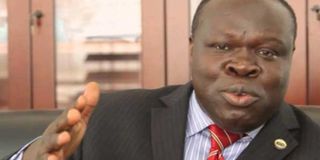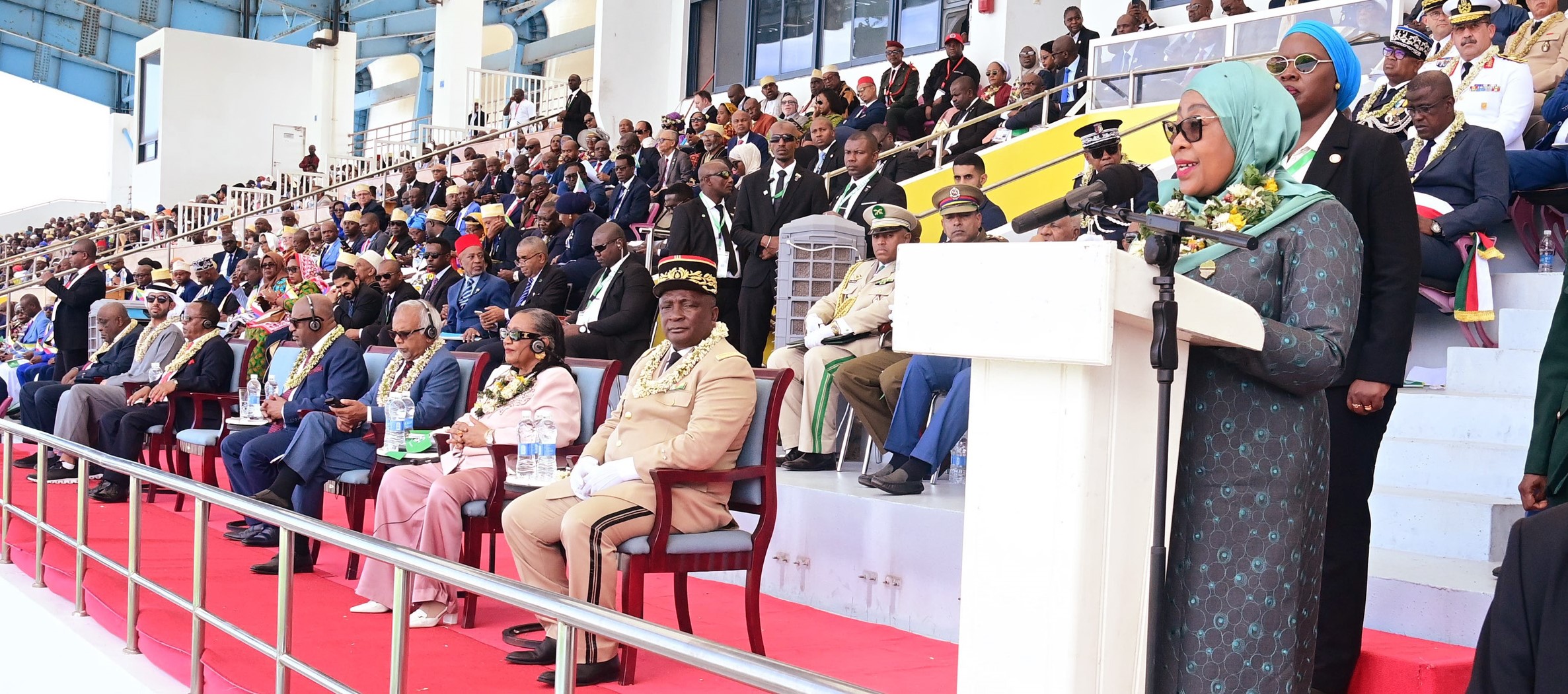EAC wants members to review 100 laws

Deputy Secretary-General (productive and social sectors), Mr Christophe Bazivamo. Photo File
What you need to know:
The laws relate to free movement of goods, people, labour, capital, services and the right of establishment and residence.
Arusha. The East African Community (EAC) is pushing partner states to review over 100 national laws to conform with the Common Market Protocol.
The laws relate to free movement of goods, people, labour, capital, services and the right of establishment and residence.
“Harmonisation of partner states’ relevant national laws for the purpose has been a monumental task,” said the deputy secretary-general (productive and social sectors), Mr Christophe Bazivamo.
He was addressing a delegation from the Centre for Pastoral Areas and Livestock Development under the Intergovernmental Authority on Development (Igad).
The mission was seeking to understand the EAC’s policy on transboundary pastoralism and cross-border transhumance, which is the action or practice of moving livestock from one grazing ground to another in a seasonal cycle.
Mr Bazivamo said there were still many barriers hindering free movement of people across borders in the region despite efforts to minimise and expedite border procedures.
“Sensitisation of people at all levels is therefore necessary as part of efforts to knock down these national barriers.”
However, Mr Bazivamo commended progress made in promoting the cross-border movement of skilled labour, citing the signing of mutual recognition agreements (MRAs) among various professionals.
He added that MRAs have already been signed by the six member states among accountants, architects, engineers and veterinarians.
Negotiations of MRAs for land surveyors and advocates have also been concluded and are awaiting signing by competent authorities.
“Negotiations for MRA for pharmacists have commenced,” Mr Bazivamo added when briefing the visitors on efforts being made to remove barriers to free labour movement.
Dr Solomon Munyua, the director of the Igad Centre for Pastoral Areas and Livestock Development, said the organisation was currently working on protocols on transhumance and free movement of people.
“Integration brings with it fears of loss of jobs and resources. We want to learn how EAC has managed to overcome this,” he said.
The EAC Common Market Protocol, signed in November 2009 and which took effect in July 2010, is one of the key pillars of the EAC aimed at accelerating economic growth and integration.



